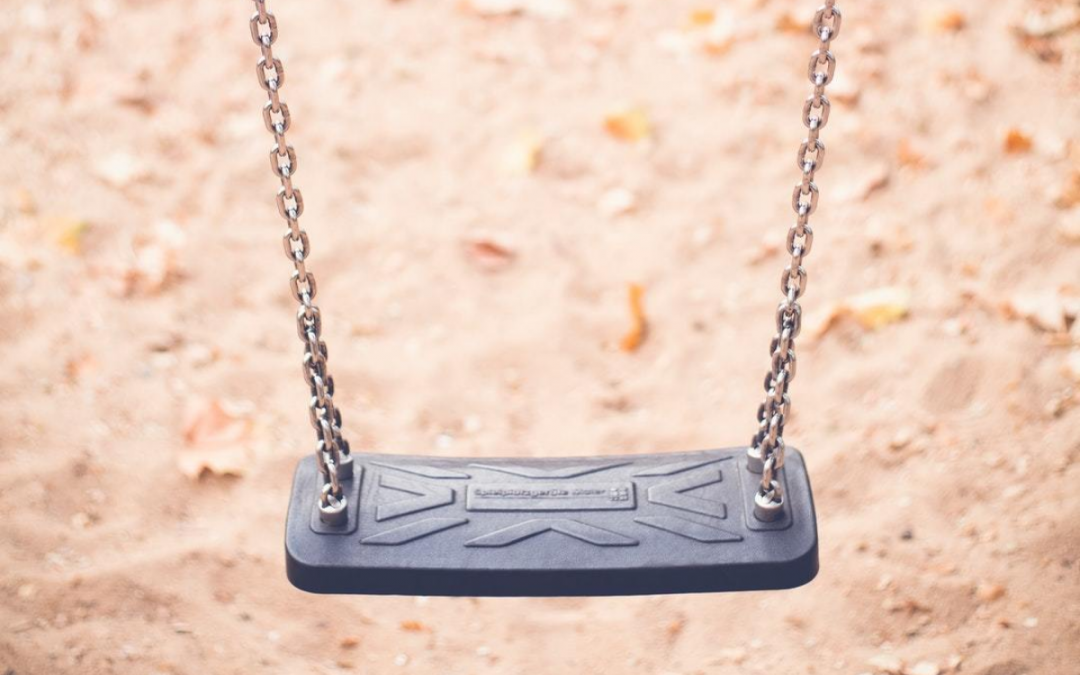Well, maybe not a real sandbox, but research has shown the importance of incorporating games and other forms of fun into the workplace. I had the pleasure of talking with Howard Papush, aka Dr. Play, about “recess at the office” and how it can make a significant difference in productivity.
TTC: Why do you think that it is so important to incorporate play into our workdays?
Dr. Play: When we were kids we had more balanced lives. We spent time in the classroom, but we also had recess. As adults we go to work, but we don’t get recess. People need the mix of work and play for many reasons, not the least of which is simply a break from the stresses of daily work.
An enjoyable interaction among workers can impact them in several ways. People connect with each other, as they had not done before. Learning more about others can bring people closer together and form stronger bonds. It is extremely valuable in team building and workplace collaboration
TTC: What is an example of a game you might use in a “Playshop” that would lead to trust and team building?
Dr. Play: “Car/Car” is a game that brings people closer together and creates a bond. There are teams of two people, one behind the other. The person in front (the car) closes his/her eyes and the one in back “drives” by placing their hands on the other person’s shoulders. Basically, I am asking one person to “drive” the other around the room — to give the person a safe ride. It’s a very effective way to build trust.
TTC: Surely there are adults who worry about being embarrassed or looking foolish. Introverts might be hesitant to do this. How do you make them feel more comfortable and at ease?
Dr. Play: Yes. That’s true. It’s very important to me that people trust and feel comfortable with me. As the facilitator, it is up to me to look for cues of discomfort or fear by paying close attention to facial expressions and body language.
I start with an exercise that will help people to relax, one of which is asking them to close their eyes as I take them on a “guided trip” back to childhood. I ask them to see themselves at play. What are they doing? What are they wearing? Are they having a good time? I provide prompts to help the process.
TTC: Do you find that participants start to compete with each other?
Dr. Play: At times. Some people are very competitive and most often they were that way as kids. However, the games and other activities that I work with are designed to be cooperative, not competitive. They are meant to build trust and build relationships. They help people see each other in a different light and to connect more comfortably.
TTC: I think that fun and laughter are a great release and tend to break down barriers. The concept of fun at work emerged with the dot-com boom of the ‘90s when businesses became more associated with play.
Dr. Play: People respond more positively when they see counterparts in a playful mood. There’s often a lot of politics in offices, which can create fear and hostility. Many forms of humor break down barriers, even among people who have been working side by side for a long time.
In addition, fun at work increases employees’ job engagement, which encourages them to be more creative. A study by Fluegge Woolf, a management professor at Southeast Missouri State University, showed that when you’re really attuned to what you’re doing, the result is a greater level of creativity. In addition, I have seen many employers schedule brainstorming sessions after a playful session or a recess when employees feel more open, trusting, relaxed and less inhibited about sharing ideas.
TTC: Do you think that recess or play breaks should be incorporated into the workplace on a regular basis?
Dr. Play: I do; however, they need not be structured. In addition, each workplace is unique and play comes in many forms. The goal should be to cause your employees to interact with each other and you on a level that transcends work. It could be as simple as a football pool, an internal contest or sharing funny things from the Internet. It could be working on a jigsaw puzzle that’s set up in a break room. Or a boxed game. Let’s not forget that companies also schedule regular activities outside of the workplace such as bowling parties or pizza nights. These, too, serve an important role in bringing employees closer together.
TTC: What can folks do at the office to relax or relieve stress if employers do not provide any opportunity for this?
Dr. Play: Each of us has something that brings us joy. People should bring their own “toys” to work. Some people keep stuffed animals at the office. Jacks or pick up sticks are other examples. Someone who likes sports might have a baseball mitt or a favorite golf club in the office. I use wooden blocks to relax. I loved them as a child and still do. I know a man who loved to garden and kept gardening catalogues in his desk drawer. It’s very personal and important for all of us to create our own “sandbox.”
For more information about Howard Papush (Dr. Play), visit DoctorPlay.com or call 323-934-3888.


